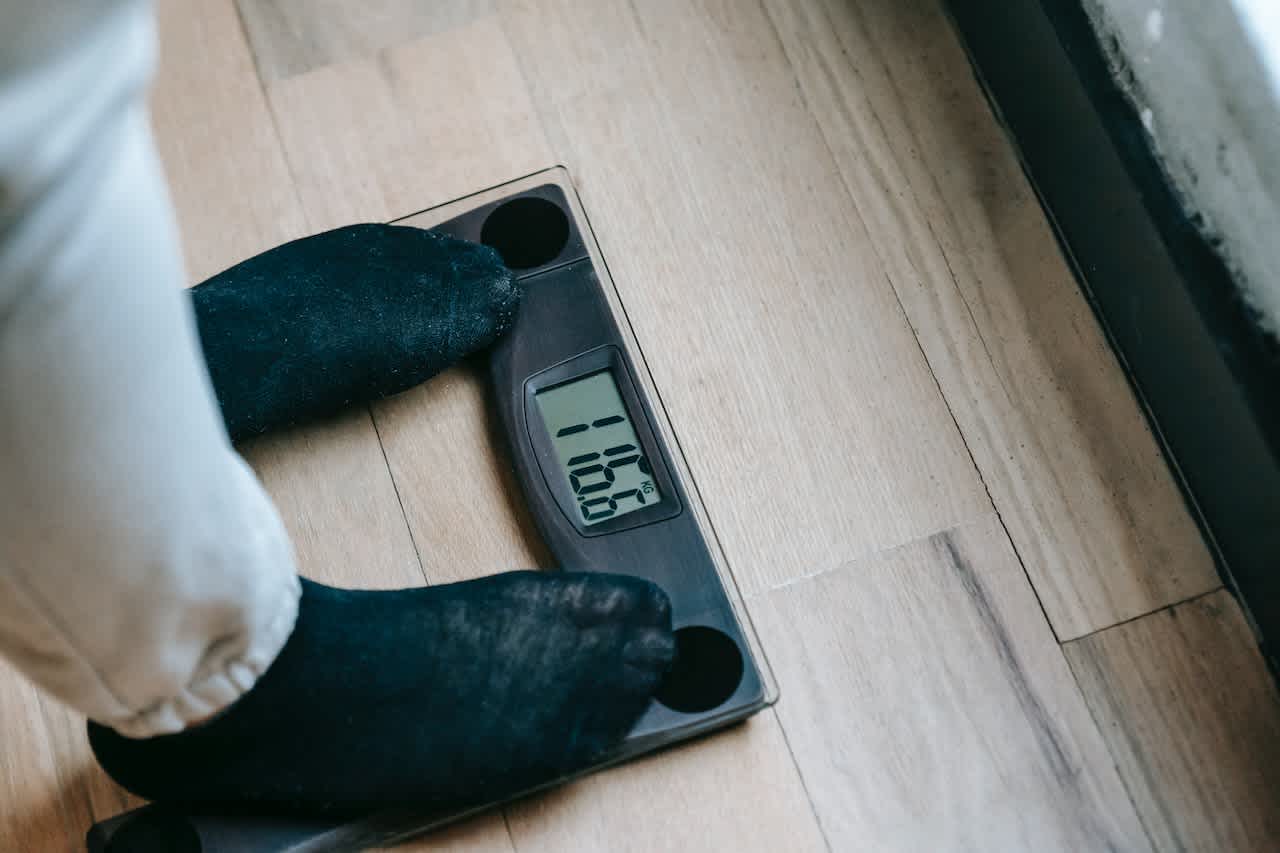At times, weight loss can feel like immense pain and suffering for those that struggle to shed the pounds. As such, rumours that relaxing activities like massage can help with weight loss can be misleading and result in disappointment if incorrect. In this article, Breeze Academy addresses this rumour and determines whether or not massage can aid weight loss.
So, can deep tissue massage help with weight loss? Experts agree that massage will not directly result in weight loss, but it can aid and support weight loss. Massage can help to reduce DOMS and improve range of motion associated with exercise, as well as promoting better sleep and reduced stress and anxiety - both of which are known to impact weight.
Read on to learn more about how massage can impact weight loss and overall well-being.
Does Massage Help Weight Loss?
Current research suggests that massage is unlikely to directly cause weight loss. Whilst research into this topic is limited, one study found no significant changes in body weight or BMI when massage was given to participants with obesity. That being said, researchers are interested in the role that massage might play to aid weight loss, therefore studies are ongoing.
Despite the limited research, it is thought that massage can provide benefits that support exercise, how the body moves, overall well-being, and weight loss as a result.
Benefits of Massage for Weight Loss
A number of benefits of massage have been reported to aid weight loss. These include:
Reduced DOMS
Naturally, exercise is recommended in order to lose weight. However, if individuals aren’t used to exercise, or aren’t used to more intense exercise, they may experience delayed onset muscle soreness (DOMS). This can last for 3-5 days on average, and may be off-putting for some.
However, clinical evidence (1, 2) suggests that massage therapy can help to improve muscle recovery after exercise, therefore providing a potential solution to DOMS and removing a barrier to exercise and weight loss as a result.
Increased Range of Motion
Obesity has been shown to affect an individual’s range of motion, which may have a knock-on effect on their ability to effectively exercise for weight loss. Likewise, muscle soreness after exercise can impact a person’s range of motion, potentially affecting ongoing weight loss activities.
However, as we already know, massage can have a positive effect on DOMS and muscle soreness as a result of exercise, thus helping to improve or maintain range of motion in such cases. But, massage can also help to improve range of motion in specific areas of the body that may be a result of other factors.
Relieve Stress
Stress has been known to cause both weight gain and weight loss, as well as reducing appetites for some. As such, getting a handle on stress levels could help with weight management as a whole, not just weight loss.
Research backs up massage for stress relief, with a 2014 study finding that moderate-pressure massage can affect areas of the brain involved in stress and emotion regulation. The study explains that massage provides a relaxation response which may also impact depression, anxiety, heart rate and cortisol levels.
Further studies have shown how stress can make weight loss harder, with researchers finding that stress is associated with changes to diet preferences, food intake, and weight gain. Researchers don’t know why this occurs, but find that massage can reduce stress levels, thus having a positive effect on weight loss.
Supports Healthy Sleep
Lack of sleep has been associated with increased appetite and mock feelings of hunger, therefore impacting weight gain. Some believe this is due to the body’s regulation of neurotransmitters (messengers that signal the need to consume calories) (1, 2). Further to this, other studies have indicated that sleep deprivation may impact food preferences, with sleep-deprived participants tending to choose foods high in calories and carbohydrates.
One study found that better sleep increased chances of weight loss by 33%, particularly in those that sleep more than 7 hours per night. Massage may support this, with a 2017 study reporting that certain types of massage can help clients to sleep better at night and also perform better throughout the day, potentially having a positive effect on weight loss as a result.
Does a Massage Burn Calories?
Almost everything you do burns calories, regardless of the intensity of the activity (or lack of) - you can even burn calories when sleeping. Massage is similar to sleeping in that clients are laid down fairly still and relaxed for a period of time and, according to research, sleep burns approximately 0.42 calories per pound of body weight. Following this formula, an average person would burn around 67 calories during an hour-long massage.
Alternatively, some suggest that increased circulation (including an increased flow of oxygen and nutrients around the body) as a result of massage allows muscles to burn more calories and can also increase metabolism.
Does Massage Increase Metabolism?
A slow metabolism results in fewer calories burned and more fat stored in the body, resulting in weight gain. However, an increased metabolism can burn through extra calories, supporting weight loss. Massage may be able to help increase metabolism as a result of increased circulation and an increased level of oxygen and nutrients reaching blood cells and body tissues.
Final Thoughts
Most experts in the fields of healthcare, weight loss, exercise, nutrition and massage therapy tend to agree that massage doesn’t directly cause weight loss, however they agree that the benefits of massage can greatly support both weight loss and overall well-being.
If you’re interested in offering massage to your clients as a way to support and enhance weight loss efforts, Breeze Academy offers both Level 3 and Level 4 Sports Massage training courses which teach you everything you need to know to safely and effectively practice sports massage. Take a look at our courses online today, or get in touch for more information.
